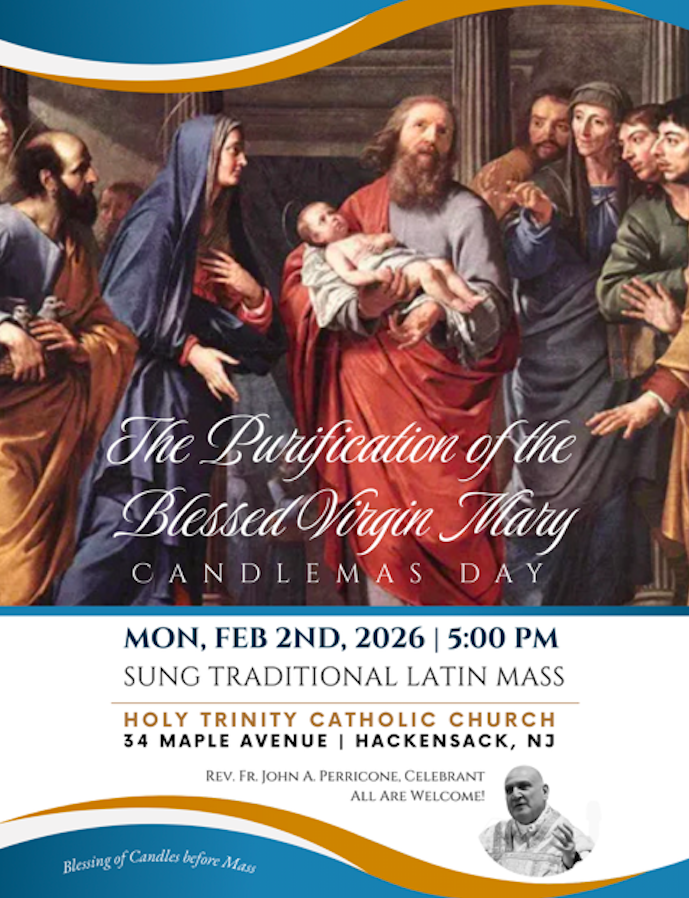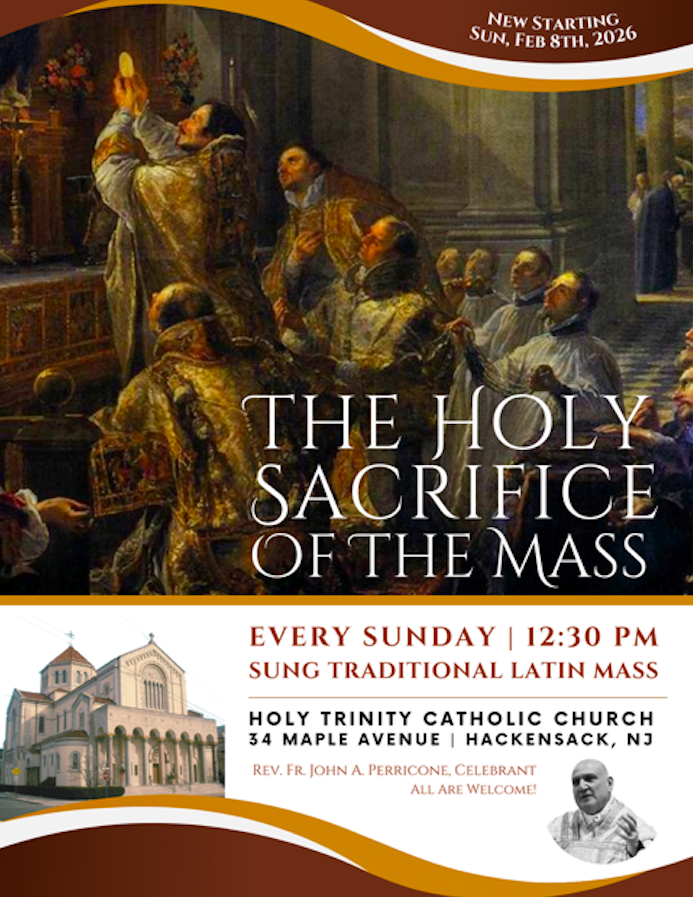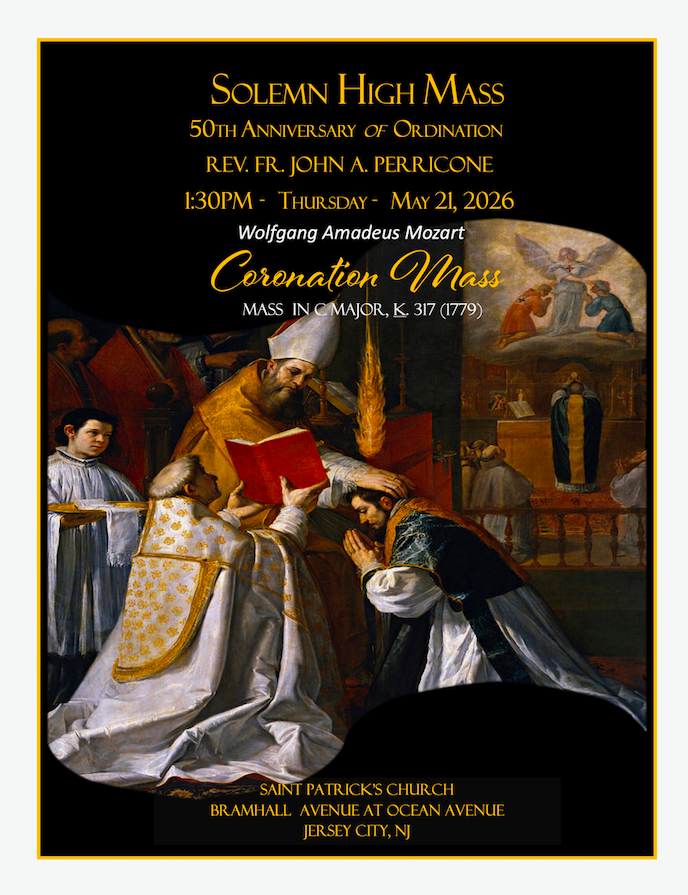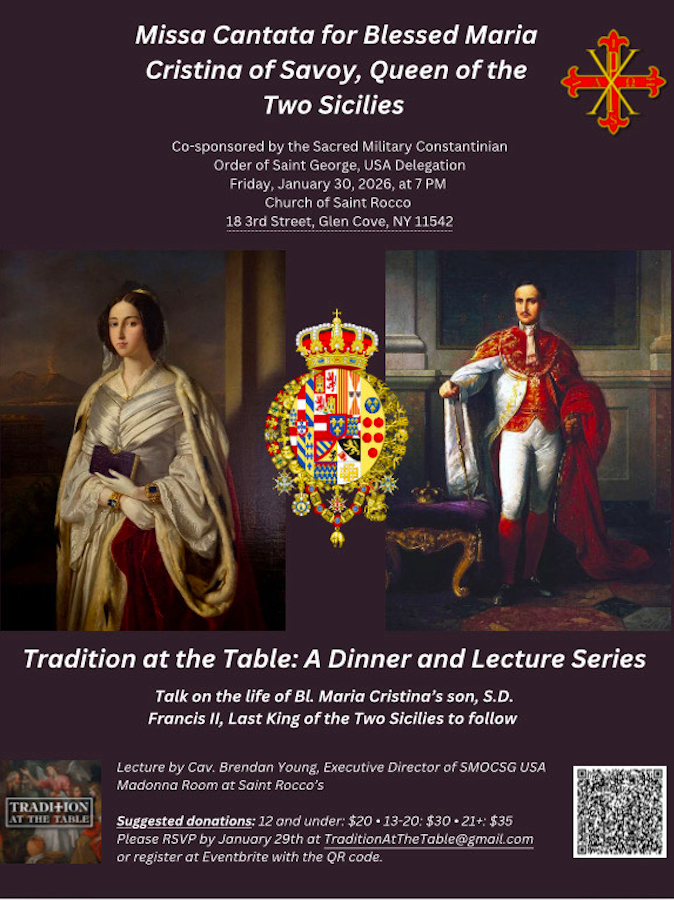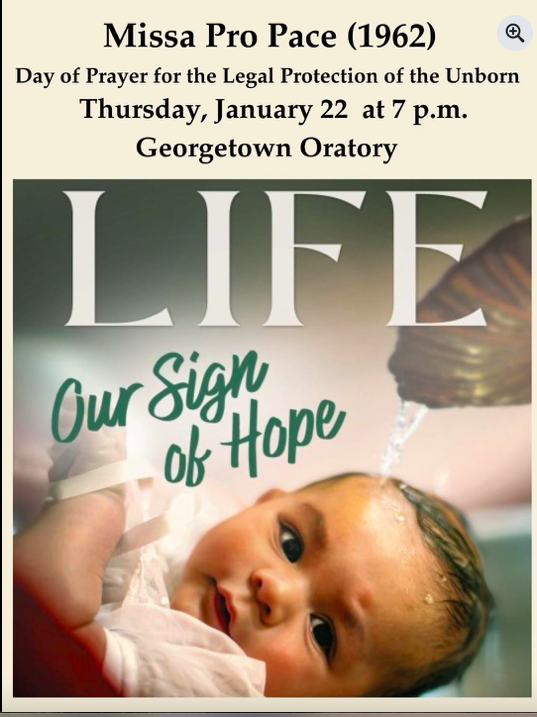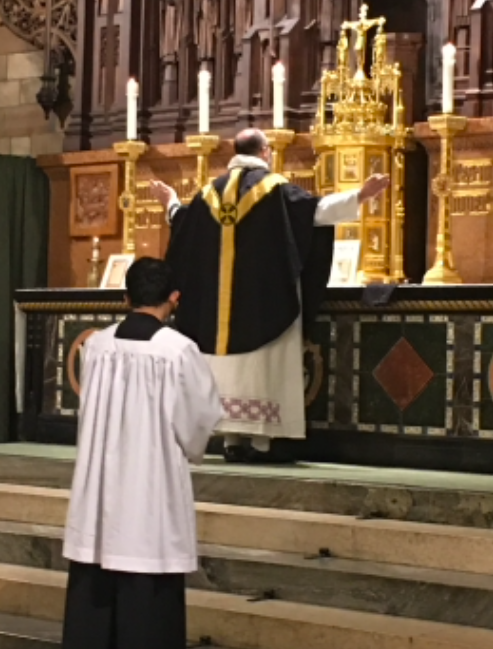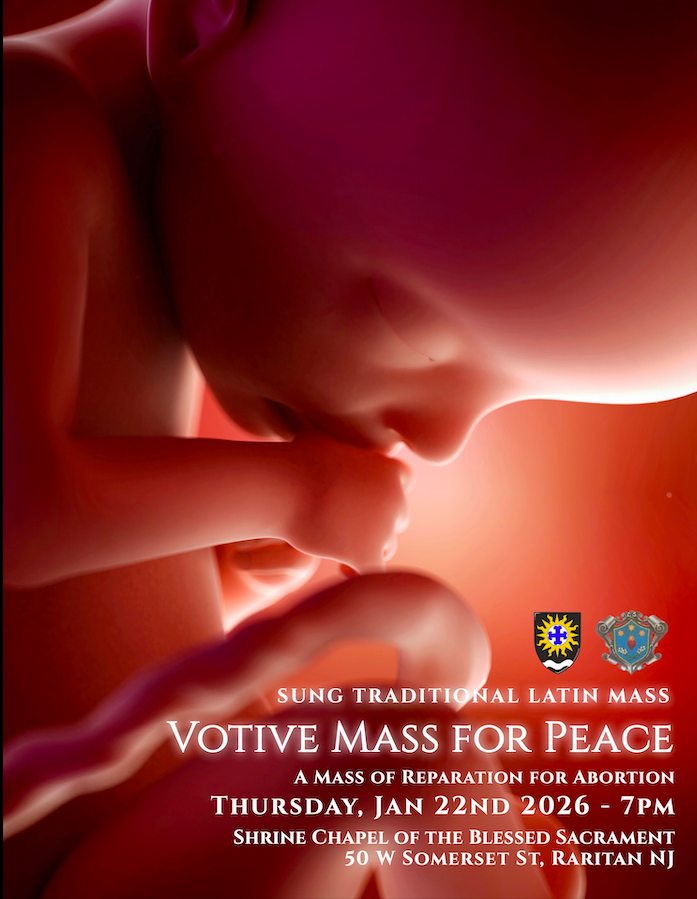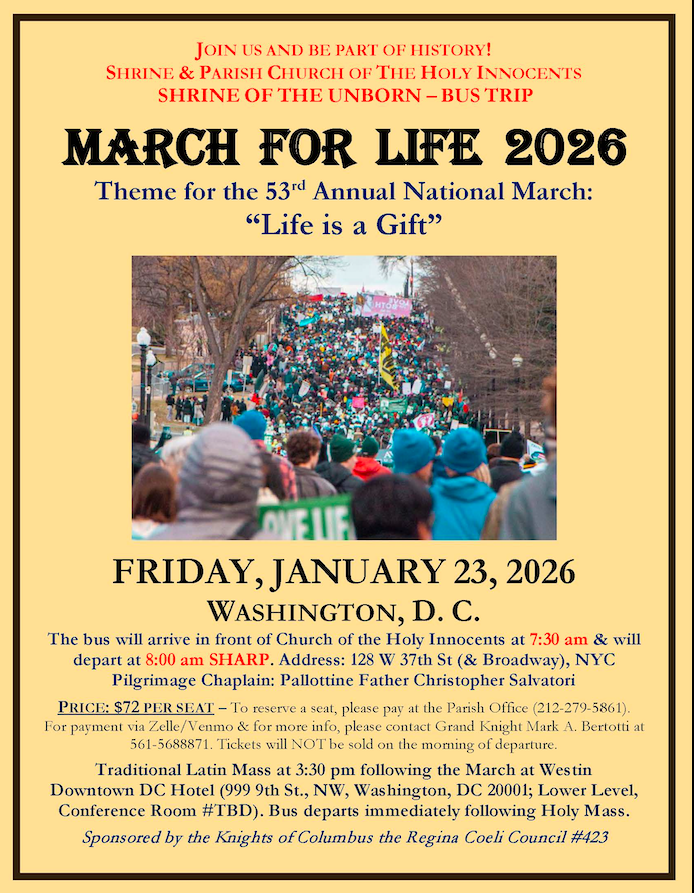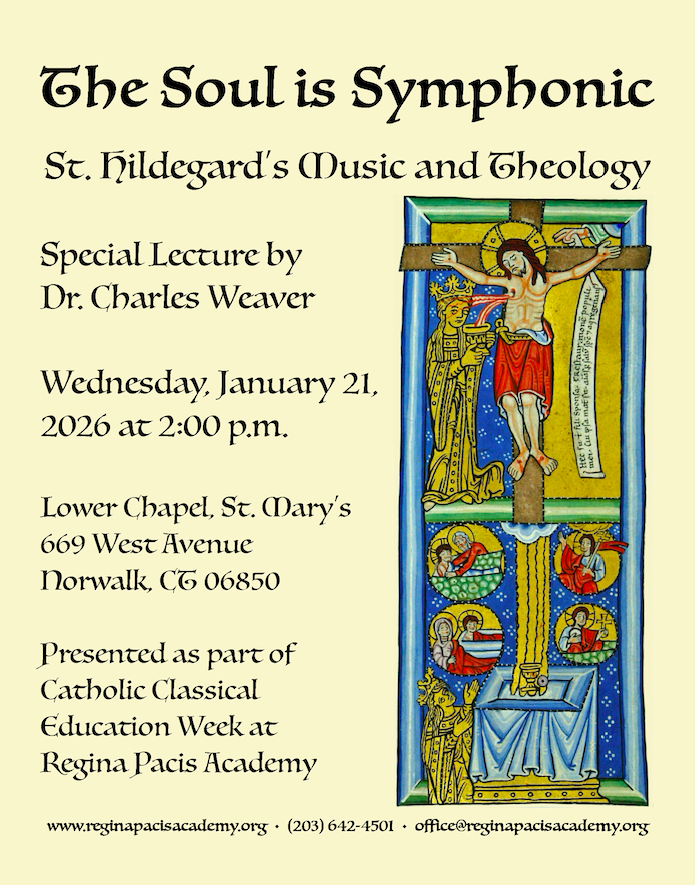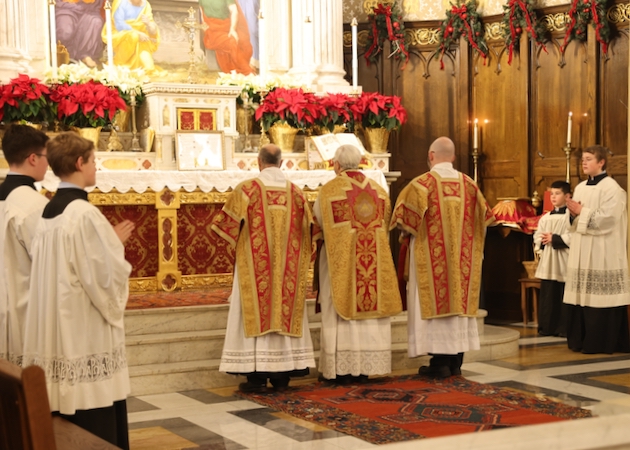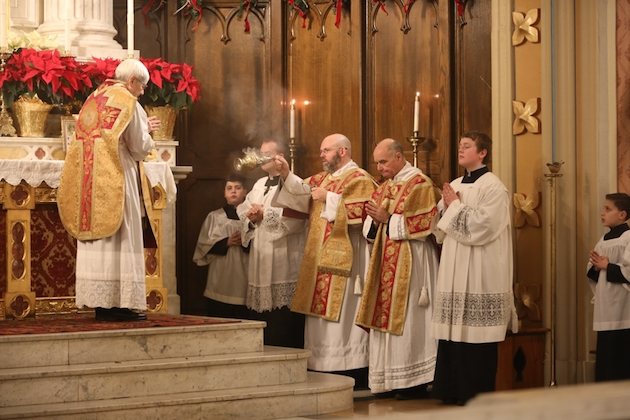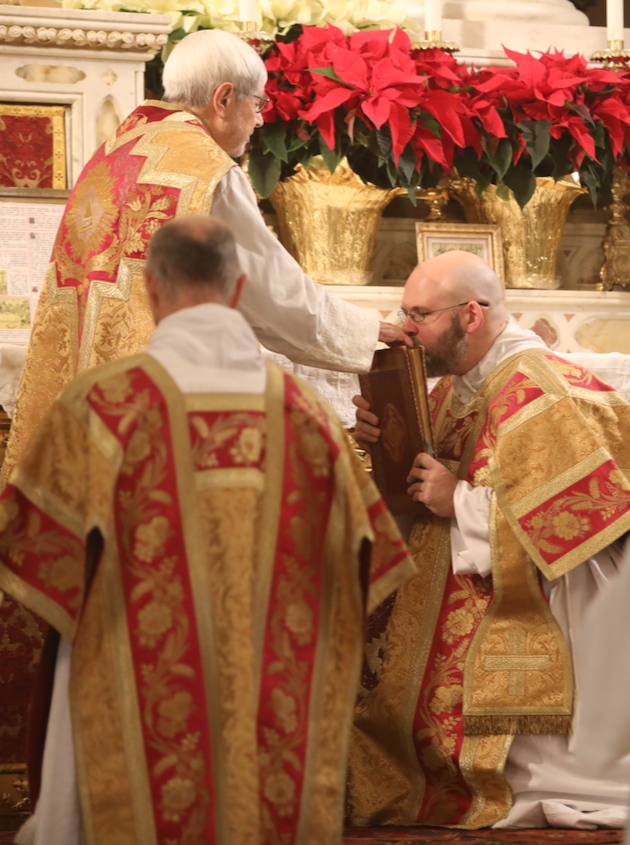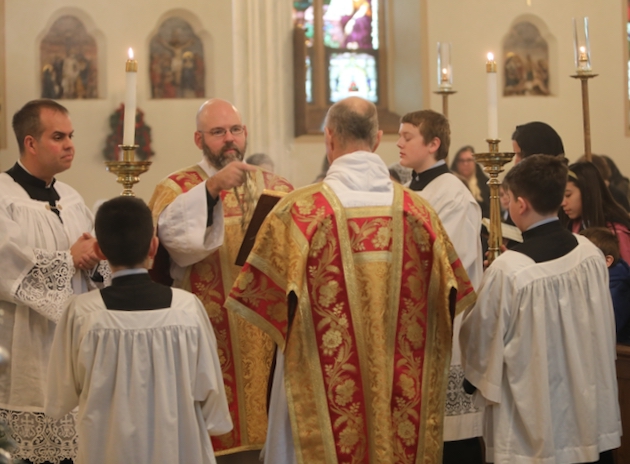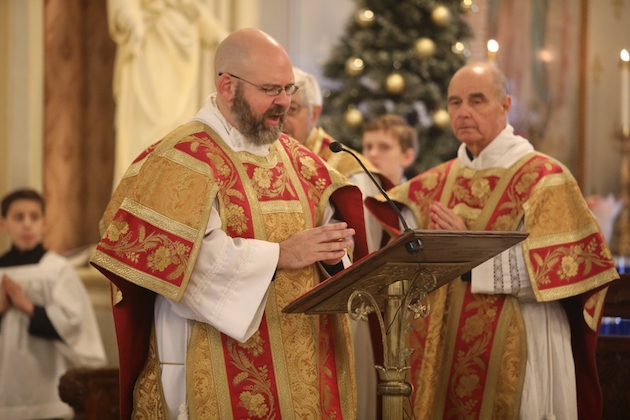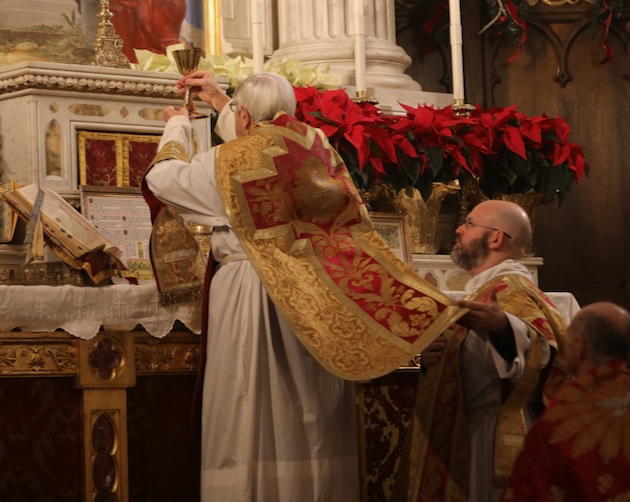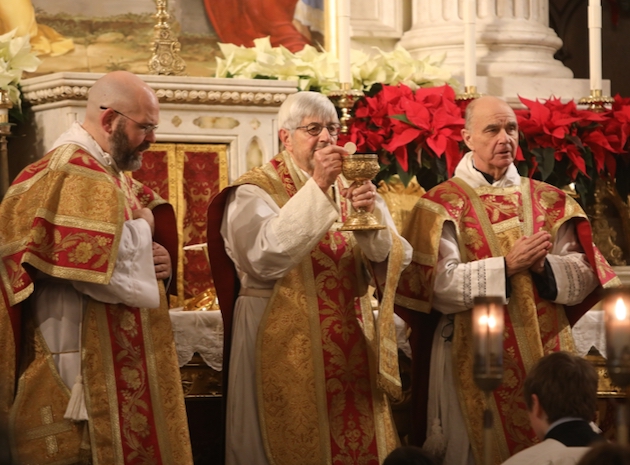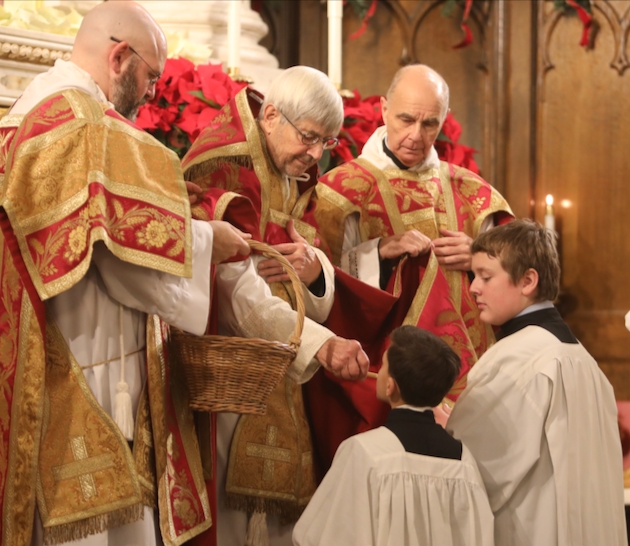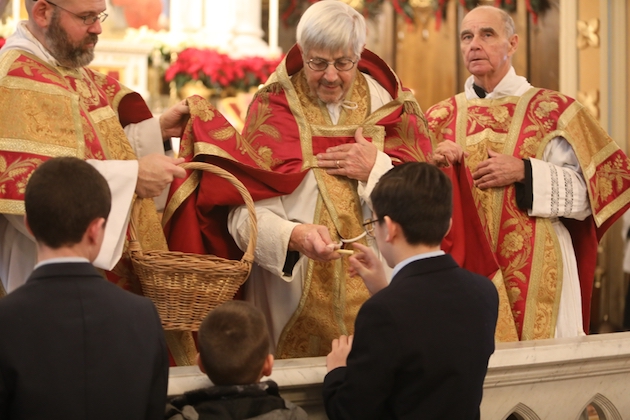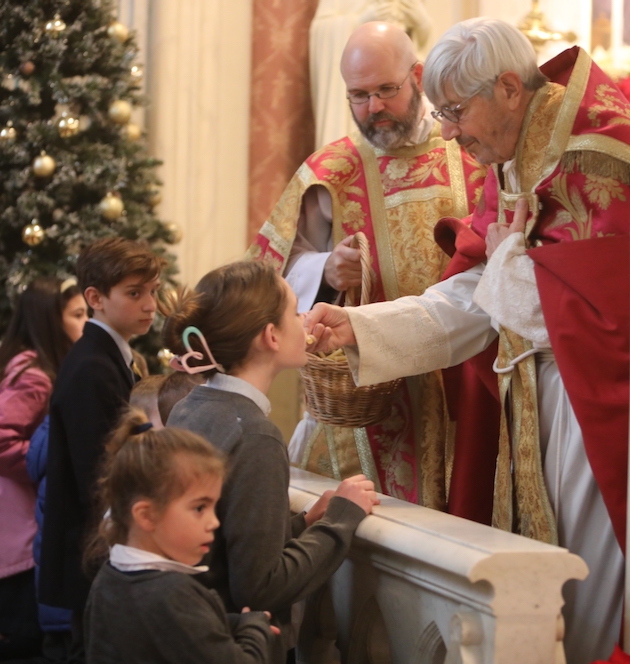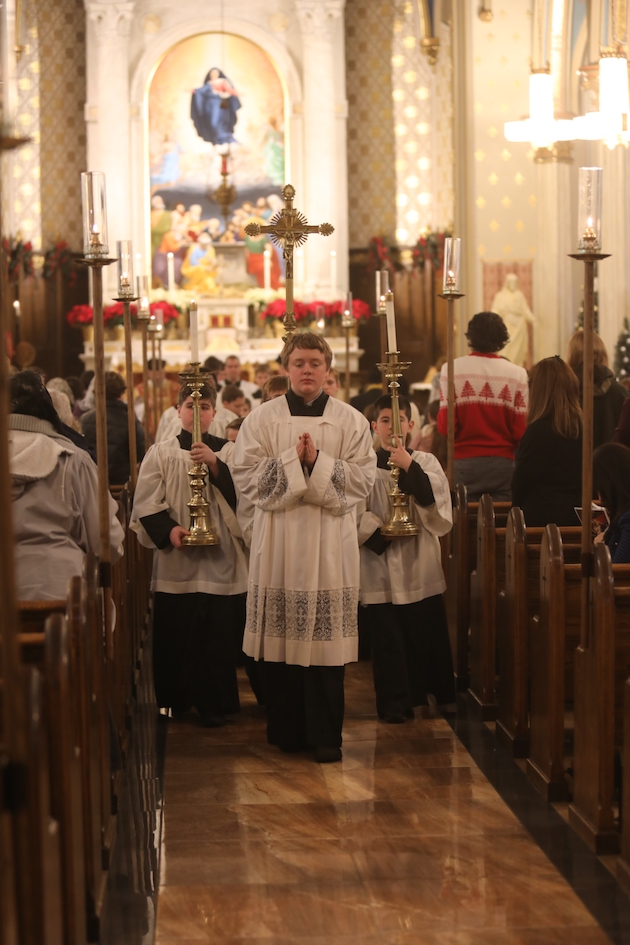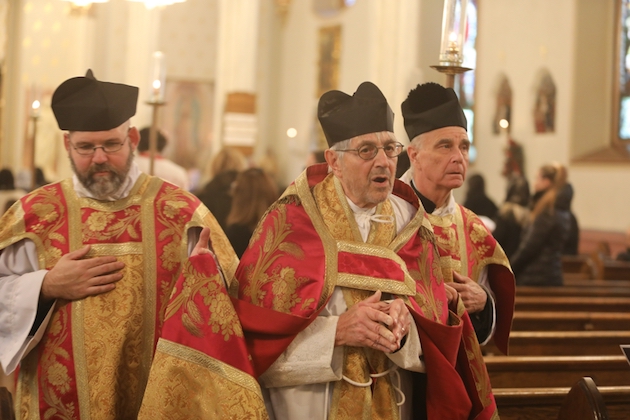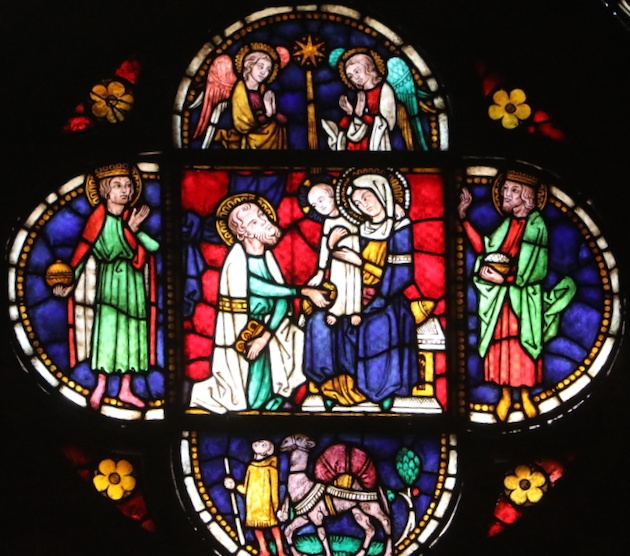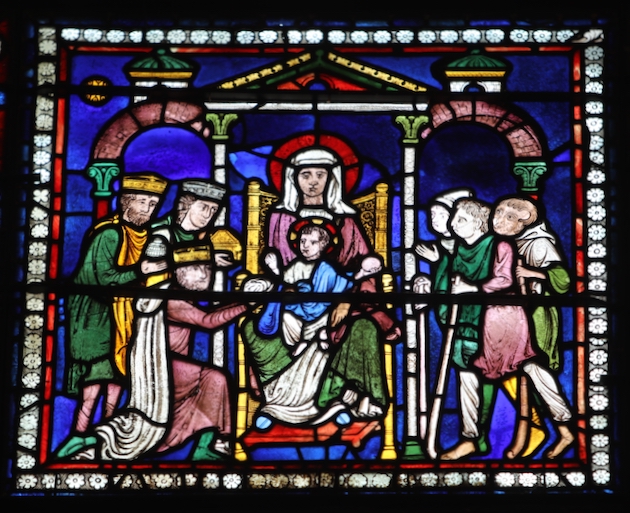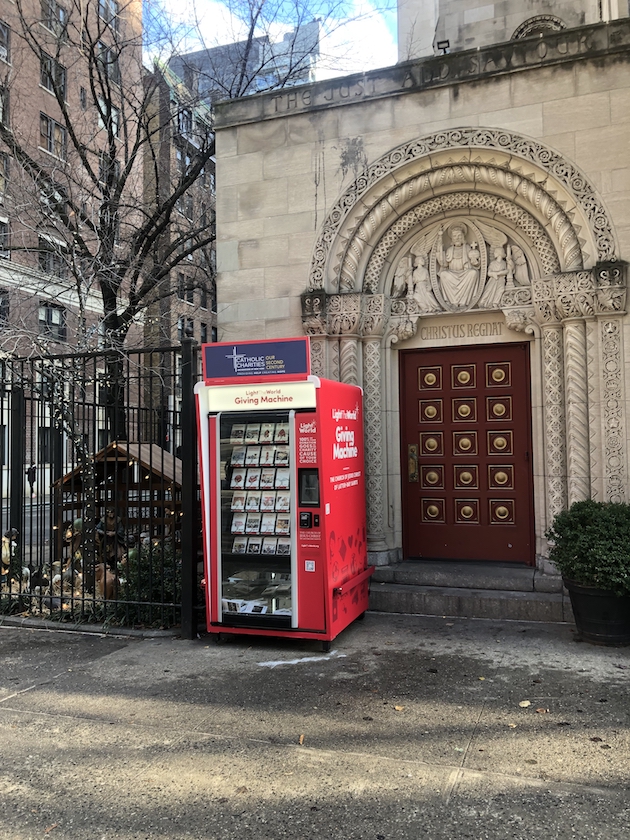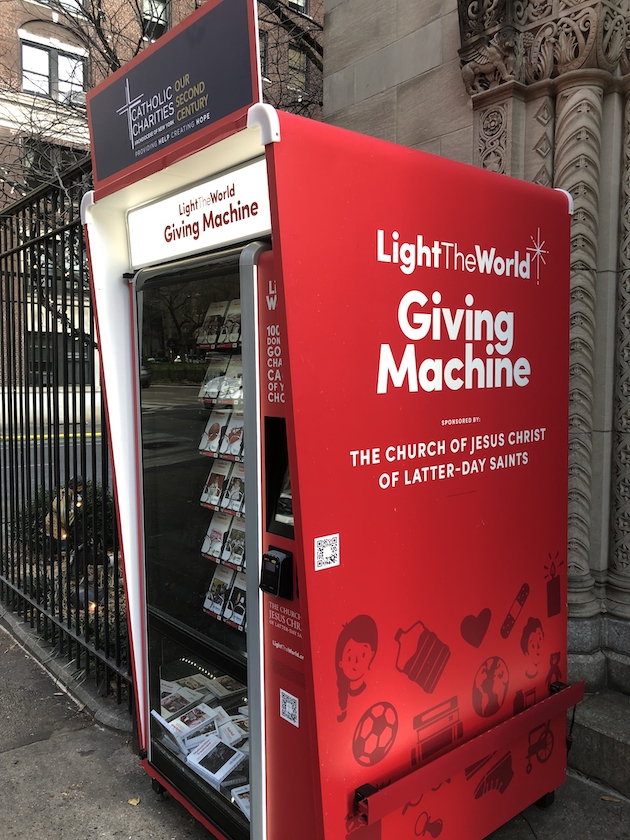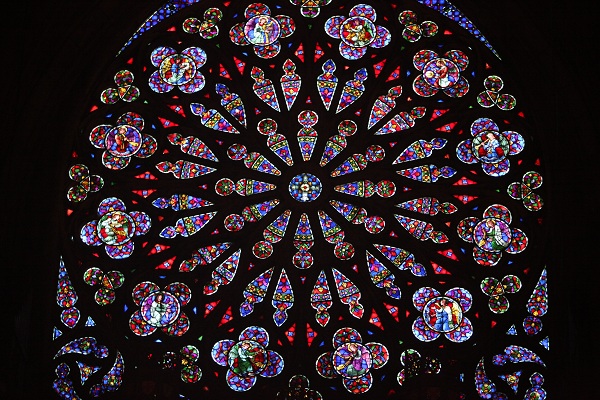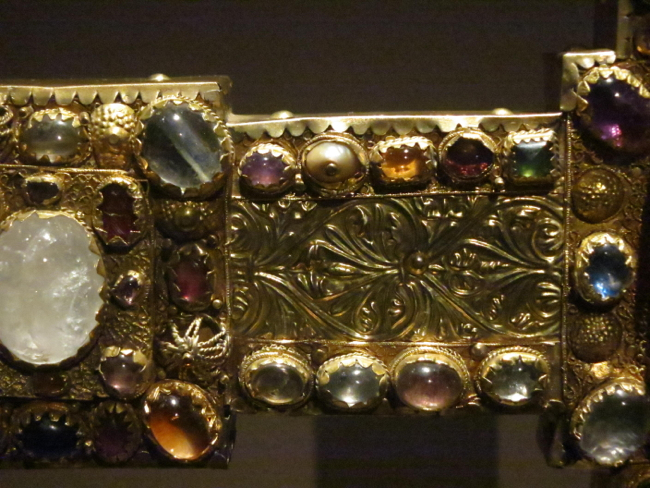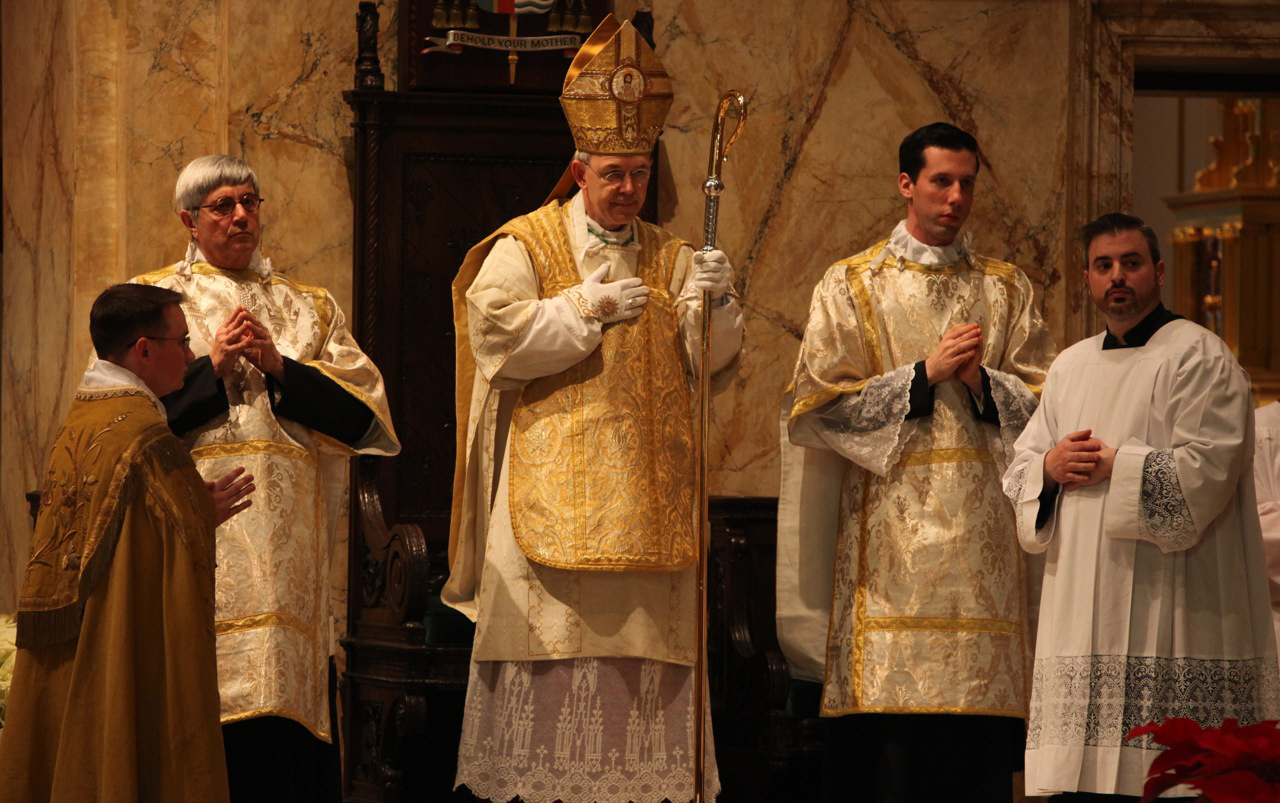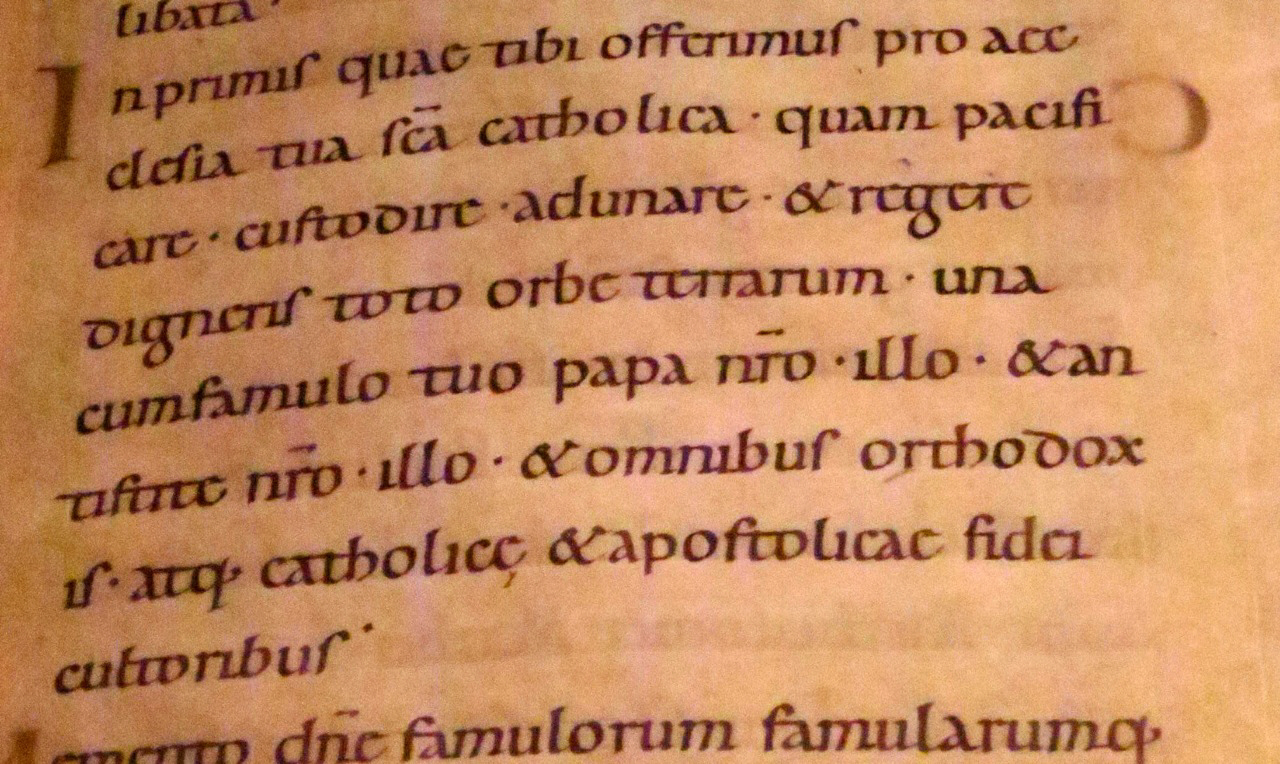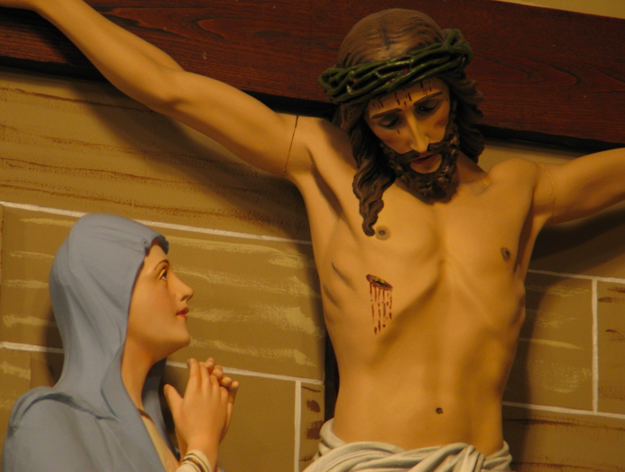
Ash Wednesday is on February 18. The following churches will offer Traditional Masses. If you know of a church in the area that is not on our schedule, please contact us.
Connecticut
St. Mary Church, Norwalk, 8 am Low Mass; 7 pm Solemn Mass
Georgetown Oratory of the Sacred Heart, Redding, 6 pm
Sts. Cyril and Methodius Oratory,Bridgeport, Low Mass 7:45 am, Solemn Mass 6 pm
St. Patrick Oratory, Waterbury, Low Mass 12 noon, High Mass 6 pm
New York
Holy Innocents Church, New York, NY, 8 am, 6 pm
St. Josaphat Oratory, Bayside, Queens, Low Mass 7 am, High Mass 7 pm
St. Patrick Church, Glen Cove, Long Island, Low Mass 7 pm
St. Paul the Apostle, Yonkers, 12 noon
Immaculate Conception, Sleepy Hollow, 4 pm low Mass
St. Mary and St. Andrew, Ellenville, 7 pm
Sacred Heart Church, Esopus, NY, 11 am
New Jersey
Our Lady of Sorrows, Jersey City, 5 pm
Our Lady of Victories, Harrington Park, 6 pm
Our Lady of Fatima Chapel, Pequannock, 7 am, 9 am, 12 noon, 7 pm
St. Anthony of Padua Oratory, West Orange, Low Masses at 9 am and 12 noon; High Mass at 11 am
Holy Trinity, Hackensack, sung Mass 3:30, Fr. John Perricone celebrant (every Sunday at 12:30 pm)
Corpus Christi Church, South River, 6:15 pm
Shrine Church of Blessed Sacrament, Raritan, 7 pm
St. John the Baptist Church, Allentown, 7 pm

